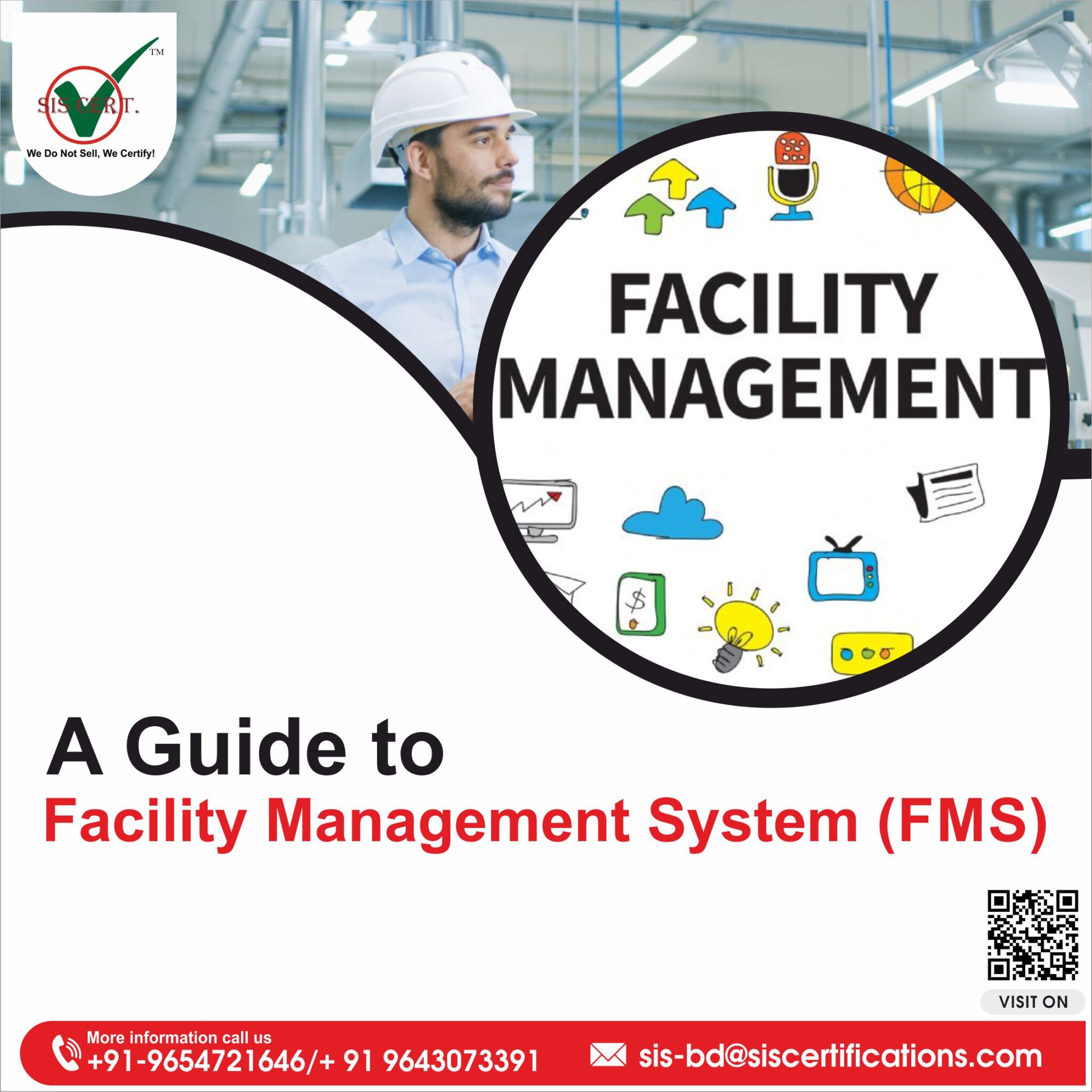The Importance of Total Facility Management in Ensuring Workplace Safety and Regulatory Compliance
The Importance of Total Facility Management in Ensuring Workplace Safety and Regulatory Compliance
Blog Article
Top Benefits of Total Facility Management for Streamlined Workflow
Total Facility Management (TFM) represents a calculated approach to boosting functional efficiency by integrating different solutions, such as maintenance and safety and security, under a unified management framework. The concern stays: what particular benefits can organizations harness from taking on TFM, and exactly how might these benefits transform their functional landscape?
Enhanced Functional Efficiency
Enhanced functional effectiveness is a main benefit of applying total facility management (TFM) strategies. TFM incorporates a detailed method to handling a center's resources, procedures, and facilities, eventually streamlining procedures. By settling numerous solutions-- such as upkeep, room, cleaning, and safety management-- TFM improves and lessens redundancies sychronisation amongst various functional functions.
The combination of technology more magnifies this performance. Advanced facility management systems supply real-time data analytics, enabling facility supervisors to make enlightened decisions that improve operations and source allowance. Predictive maintenance methods, as an example, prepare for tools failings prior to they happen, minimizing downtime and prolonging property life-span.
In addition, TFM promotes standardized processes across various divisions, making sure uniformity and top quality in solution shipment. This uniformity decreases functional disturbances and fosters an extra collaborative workplace. Because of this, staff members can concentrate on their core responsibilities, driving performance and enhancing overall performance.

Price Decrease and Financial Savings
Implementing total facility management (TFM) not just improves functional performance but also considerably adds to cost decrease and financial savings. By combining various solutions under a solitary management structure, organizations can eliminate redundancies and streamline procedures, thus minimizing functional expenses. TFM enables better purchase methods, allowing firms to negotiate bulk buying contracts with vendors and provider, causing lower prices.
In addition, TFM emphasizes preventive upkeep, which minimizes unexpected failures and expands the lifespan of vital devices. This proactive strategy not only decreases repair prices however likewise enhances the reliability of facilitiess, making sure nonstop operations. In addition, power performance initiatives, frequently an essential focus of TFM, cause significant financial savings on utility costs, as facilitiess are enhanced for reduced power usage.
Improved Source Management
Efficient resource management is a foundation of total facility management (TFM), enabling companies to maximize making use of their properties and workforce. By executing TFM methods, companies can adequately analyze their source allowance, ensuring that every possession is used successfully and efficiently. This all natural approach permits the identification of underperforming sources and the potential for reallocation or enhancement.
Furthermore, TFM promotes the assimilation of technology for real-time tracking of sources, which aids in predicting maintenance demands and preventing pricey downtime. By leveraging information analytics, companies can make enlightened choices concerning source release, eventually boosting performance and decreasing waste.
Additionally, TFM advertises a culture of continuous renovation, urging groups to regularly evaluate and fine-tune their resource management techniques. Total Facility Management. This proactive stance not only reduces functional disturbances yet also fosters innovation, as employees are equipped to recommend enhancements based on their firsthand experiences with source use
Streamlined Communication Channels
In total facility management, streamlined interaction channels play an important role in fostering cooperation and performance throughout teams. Effective communication makes certain that all stakeholders, including facility managers, maintenance staff, and company, are straightened with business objectives and functional demands. By developing clear lines of interaction, groups can promptly resolve issues, share updates, and apply solutions, thereby decreasing downtime and enhancing efficiency.
With systematized communication systems, details is conveniently obtainable, enabling real-time check my site updates on maintenance demands, source allowance, and job timelines. This openness not only lowers misconceptions yet also encourages employees to make enlightened decisions promptly. Structured communication facilitates much better sychronisation throughout emergency situations, ensuring that all personnel are educated and can respond immediately.

Raised Concentrate On Core Activities
An essential benefit of total facility management is the enhanced focus on core tasks, enabling organizations to focus on their key company purposes - Total Facility Management. By contracting out non-core functions such as security, cleaning, and maintenance, business can reroute their sources and energy in the find direction of critical efforts that straight add to their competitive benefit and growth
Total facility management integrates various functional jobs under a single umbrella, fostering efficiency and lessening redundancy. This loan consolidation not only improves procedures but likewise improves responsibility, making certain that every aspect of the facility runs sympathetically without diverting interest from what genuinely matters-- core service functions.
In addition, this approach makes it possible for workers to dedicate their time and initiatives to tasks that drive advancement and enhance client satisfaction, instead of obtaining bogged down by operational obstacles. With a trusted facility management partner managing everyday procedures, organizations can accomplish better agility, react swiftly to market changes, and maintain a sharper concentrate on their goal.
Eventually, raised concentrate on core activities leads to boosted total performance, permitting companies to reinforce their market placement and satisfy their tactical goals better. - Total Facility Management
Final Thought
In verdict, Total Facility Management considerably improves operational effectiveness by settling important solutions and leveraging information analytics for informed decision-making. Cost decreases and boosted source management contribute to overall savings, while structured communication networks foster collaboration among stakeholders.
Total Facility Management (TFM) represents a calculated technique to boosting operational performance by incorporating numerous solutions, such browse around here as maintenance and security, under a unified management structure.Improved functional effectiveness is a key benefit of applying total facility management (TFM) approaches. Advanced facility management systems give real-time information analytics, making it possible for facility supervisors to make enlightened choices that improve workflow and source allowance.Applying total facility management (TFM) not only improves functional effectiveness but likewise considerably adds to cost decrease and financial savings.Efficient source management is a keystone of total facility management (TFM), enabling companies to optimize the use of their properties and labor force.
Report this page